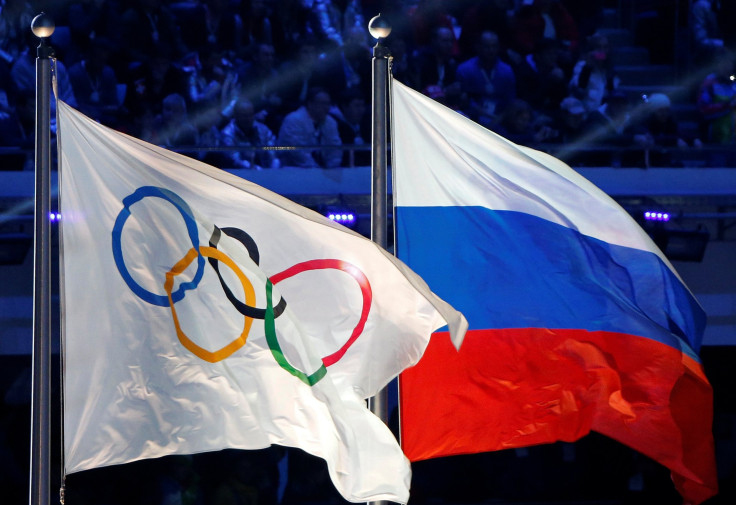Russia’s Olympic Dreams Hang In The Balance As Tensions Mount Over Doping Charges

Just two days after the World Anti-Doping Agency (WADA) released a damning report revealing widespread state-sponsored doping in Russia, the International Association of Athletics Federations (IAAF) — the world governing body for track and field events — will decide Friday whether to allow Russian athletes to participate in the Rio Olympics.
Russia was suspended from all track and field events in November by the IAAF after WADA alleged that the country’s track and field athletes were involved in systemic doping, and that they were being helped by Russian officials who covered it up. Following the release of the report, Russia’s anti-doping agency and drug-testing lab were also suspended by WADA.
Earlier this year, in March, the IAAF Council voted to maintain the ban, stating that the country had made little progress in implementing the much-needed reforms to its track and field federation. Russia, however, protested the decision, arguing that “serious work” had been carried out to overhaul the athletics federation.
“I don’t see any strong reason to keep our sportsmen from competing in the Olympic Games,” Russian Sports Minister Vitaly Mutko told TIME magazine last month. “The IAAF and the Russian athletics federation have to get through this crisis together. We’re a sports family. It’s like when you have two sons, one of whom is a drug addict. Shunning him won’t make him less of an addict.”
However, calls to keep Russia out of Rio were given a boost by a new report released by WADA Wednesday. The report, which found that 52 doping cases were recorded between February 15 and May 29 — including 49 that tested positive for meldonium — also detailed the sometimes comical lengths Russian athletes went to in order to avoid tests.
One athlete, whose name was not revealed, tried to bribe doping control officers after she was caught with a leaking container —“presumably containing clean urine.” Her sample eventually returned an adverse finding.
“What really comes through, when you read through it page by page by page, is the number of occasions when there was simply no co-operation given,” former Wada president Dick Pound told the BBC.
However, even if the IAAF decides to extend the ban, Russian athletes with a clean record may still be allowed to participate in the Olympics, provided the International Olympic Committee intervenes. IOC officials, including President Thomas Bach, have, in the past aired concerns over innocent athletes being unfairly targeted by a blanket ban.
“This meeting on June 21 will be to protect the clean athletes and ensure a level playing field for all the athletes participating in Rio,” Bach said earlier this month. “We have to take our responsibility to protect the clean athletes, and we are ready to take this responsibility.”
© Copyright IBTimes 2024. All rights reserved.






















